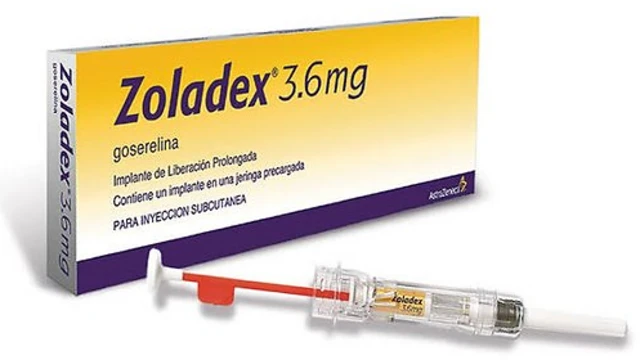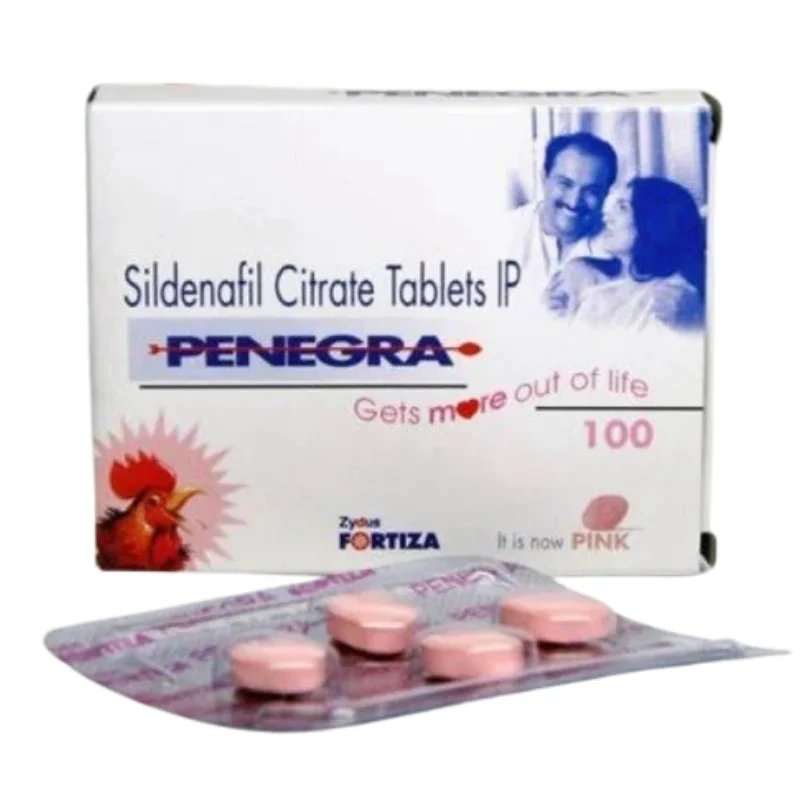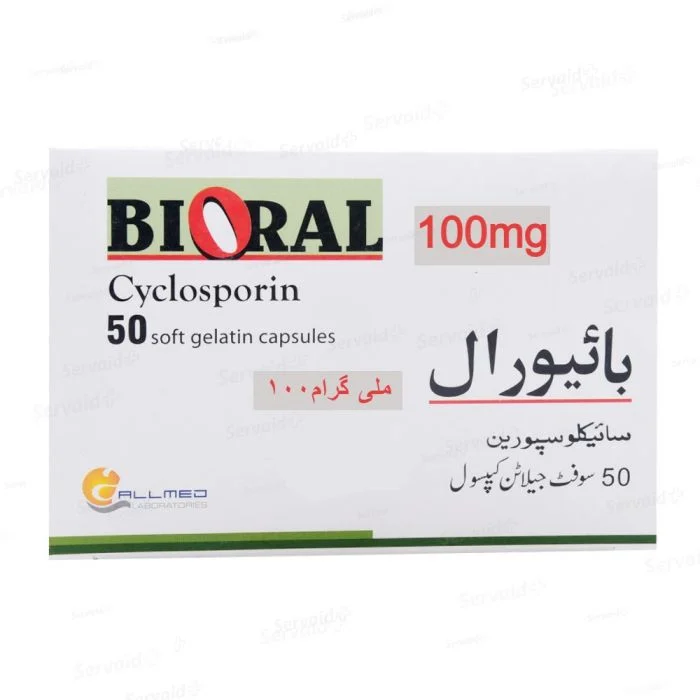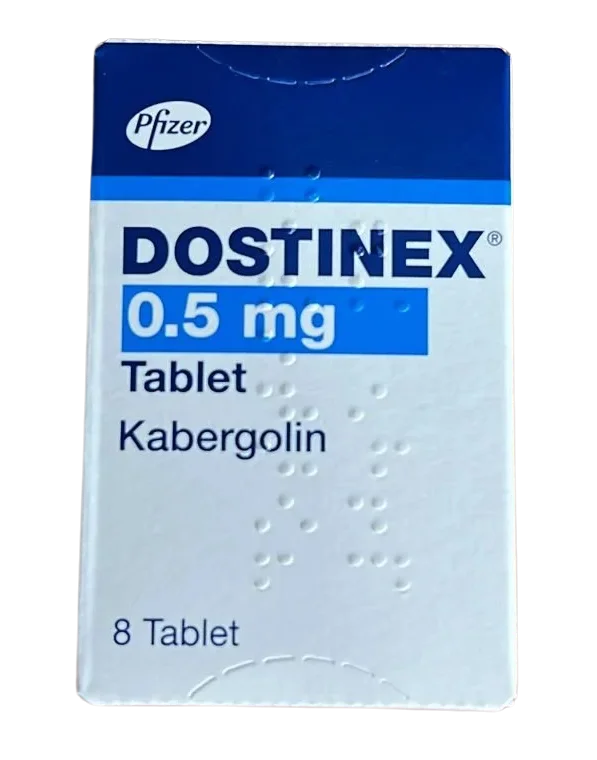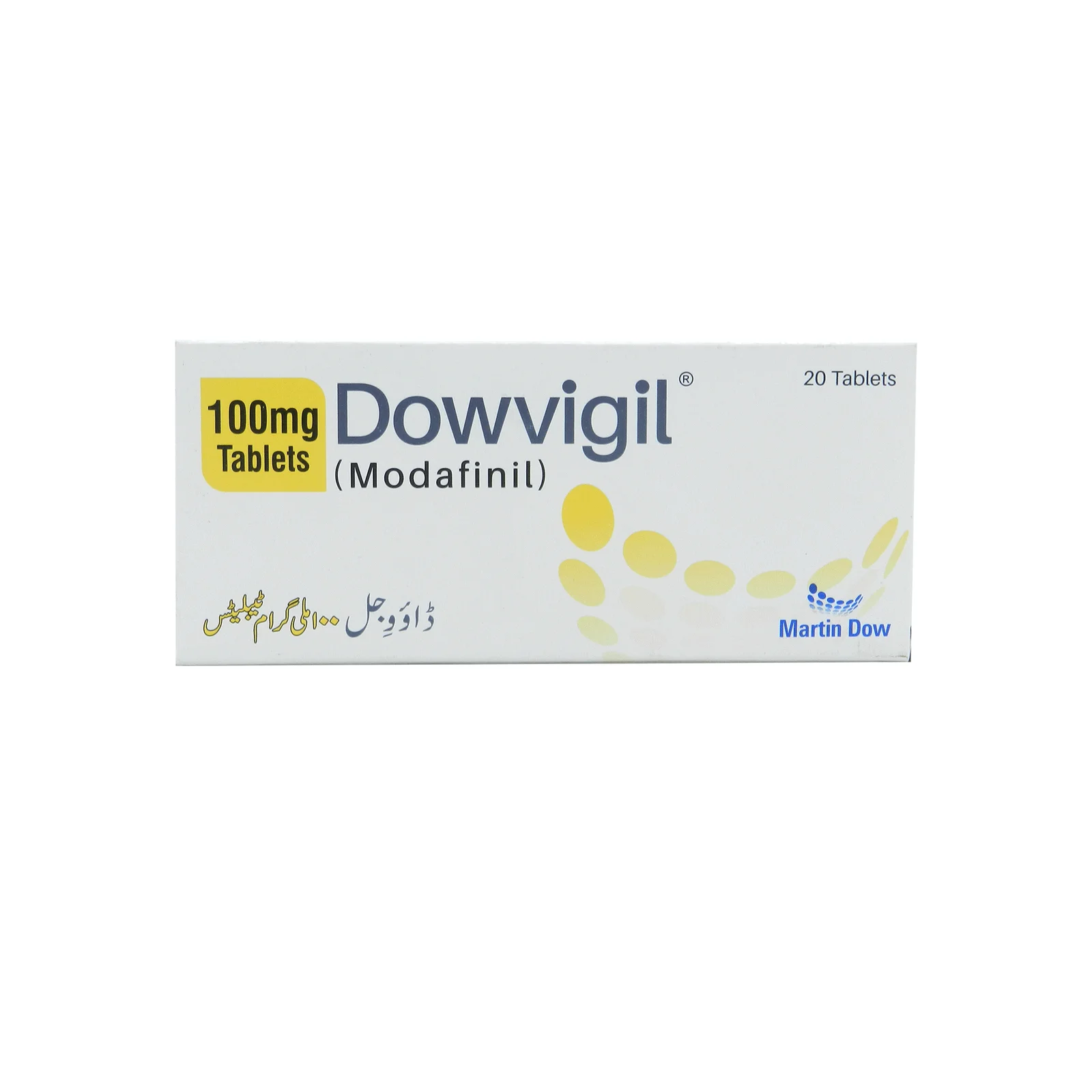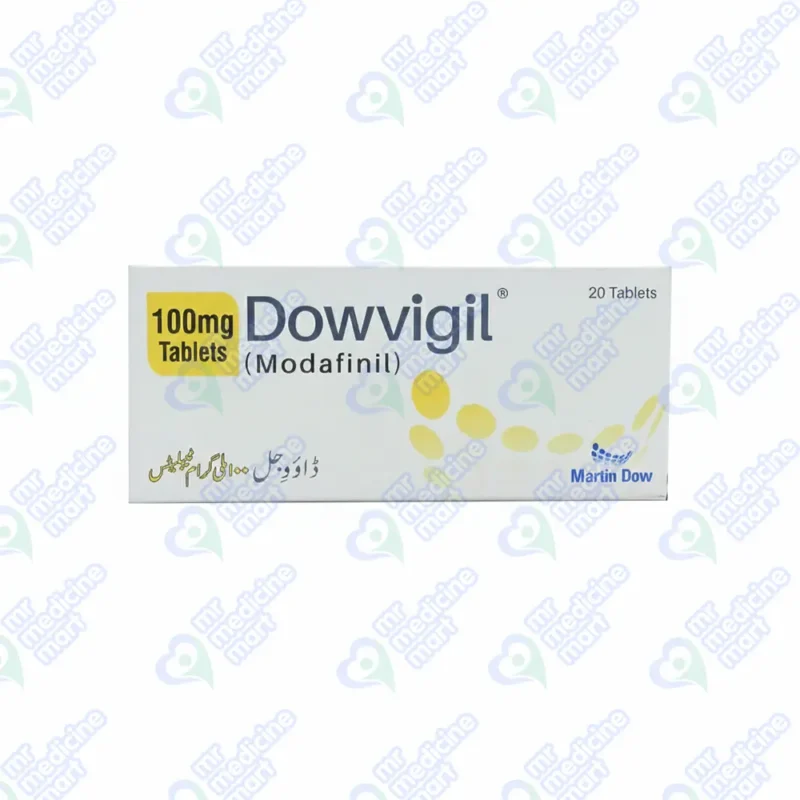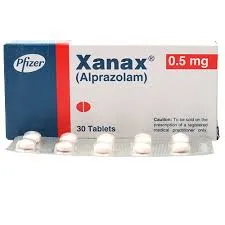Zoladex Injection 3.6mg
₨16,000.00
Buy Zoladex Injection 3.6mg at the best price in Pakistan with fast home delivery. Treat hormone-sensitive cancers and conditions with trusted goserelin therapy. Order now from MedicineWalyDost.com!
Zoladex 3.6 mg is a prescription implant containing goserelin, a synthetic hormone therapy used to manage hormone-sensitive conditions in both men and women.
💊 What Is Zoladex 3.6 mg Used For?
Zoladex 3.6 mg is a gonadotropin-releasing hormone (GnRH) agonist that reduces the production of sex hormones—testosterone in men and estrogen in women. It’s commonly prescribed for:
- Prostate cancer in men
- Breast cancer in premenopausal women
- Endometriosis (a condition where tissue similar to the lining of the uterus grows outside the uterus)
- Uterine fibroids (noncancerous growths in the uterus)
- Thinning the uterine lining before certain surgical procedures
- Assisting fertility treatments by controlling hormone levels
💉 How Is It Administered?
Zoladex 3.6 mg is administered as a subcutaneous implant:
- Dosage: One 3.6 mg implant every 28 days
- Injection Site: Under the skin of the lower abdomen
- Administration: Performed by a healthcare professional using a specialized delivery system
- Duration: The implant releases medication over 28 days and is absorbed by the body; no removal is necessary
⚠️ Common Side Effects
Side effects vary between individuals and may include:
- Hot flashes
- Sweating
- Headaches
- Mood swings or depression
- Decreased libido
- Vaginal dryness (in women)
- Erectile dysfunction (in men)
- Injection site reactions (pain, redness, swelling)
Serious side effects are rare but can include allergic reactions, bone thinning (osteoporosis), and cardiovascular issues. Always consult your doctor if you experience unusual symptoms.
🚫 Who Should Not Use Zoladex?
Avoid using Zoladex if you:
- Are pregnant or breastfeeding
- Have a known allergy to goserelin or any component of the implant
- Have severe osteoporosis or are at high risk for bone loss
📝 Additional Information
- Monitoring: Regular follow-ups with your healthcare provider are essential to monitor hormone levels and assess treatment efficacy.
- Drug Interactions: Inform your doctor about all medications and supplements you’re taking to avoid potential interactions.
- Lifestyle Considerations: Maintaining a healthy diet and engaging in weight-bearing exercises can help mitigate bone density loss associated with hormone suppression therapy.
If you have further questions or need personalized advice, please consult your healthcare provider.




🚚 Shipping & Delivery Partners
At MedicineWalyDost.com, we deliver medicines through trusted courier services including TCS, Leopard Courier, Daewoo Fastex, and inDrive to ensure safe, timely, and reliable delivery across Pakistan.
The courier partner for each order is carefully selected based on:
Customer location and city coverage
Delivery speed and route availability
Nature of the product (sensitivity, urgency, or handling requirements)
This approach allows us to use the most suitable courier for every order, ensuring your medicine reaches you in the best possible condition.
📦 Secure & Discreet Packaging
All medicines are packed securely with proper protection and confidential packaging to maintain privacy during transit.
⏱ Delivery Timeline
Orders are usually dispatched within 1–2 working days after payment confirmation
Delivery typically takes 2–3 working days, depending on location and courier service
📍 Nationwide Coverage
With multiple courier partners, we provide wide coverage across Pakistan, including major cities and selected remote areas.
Once your order is dispatched, tracking details are shared for your convenience.

